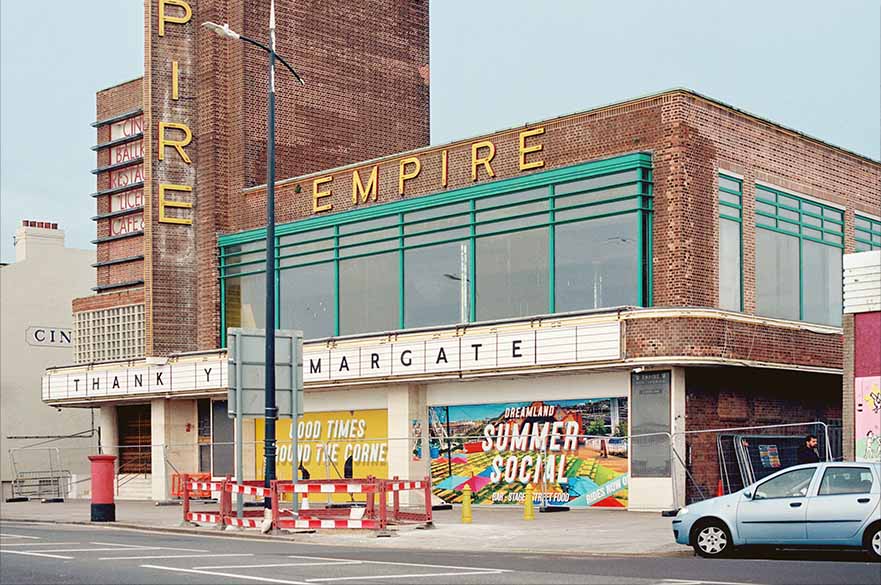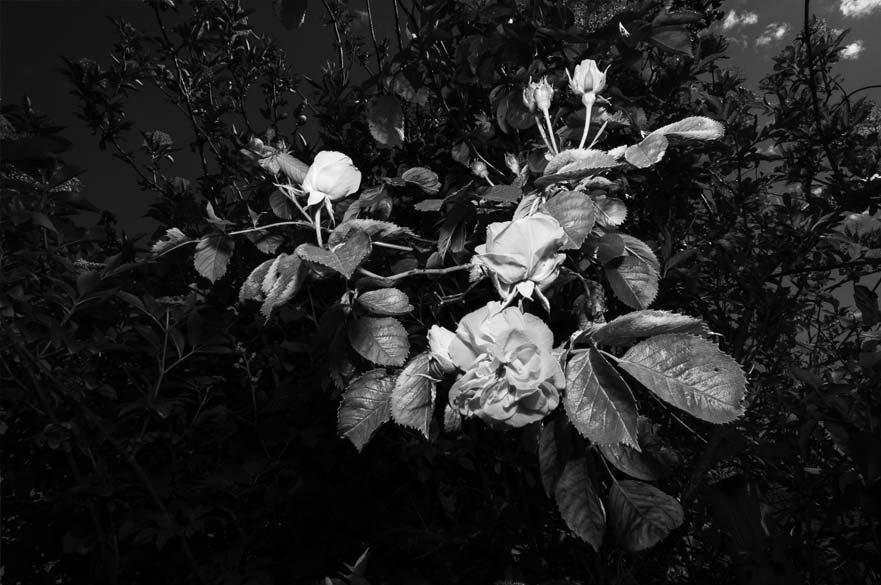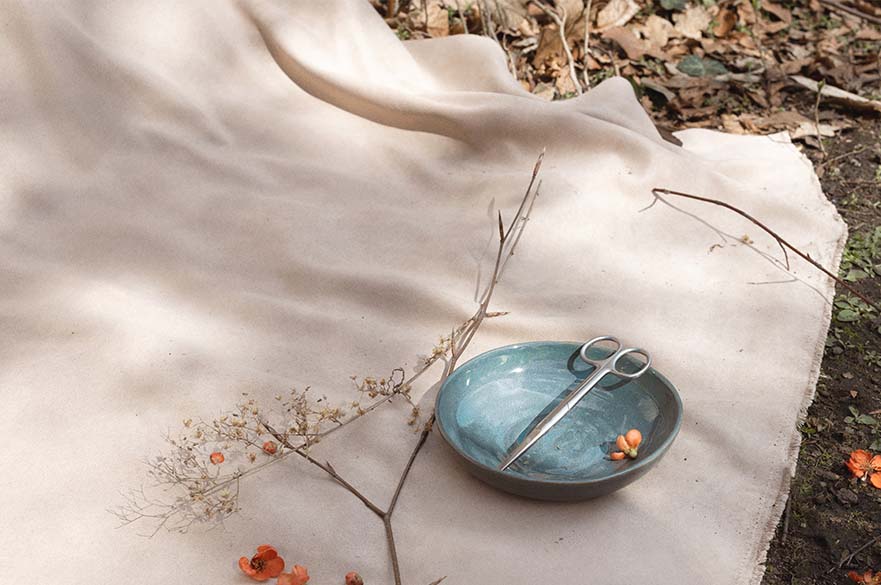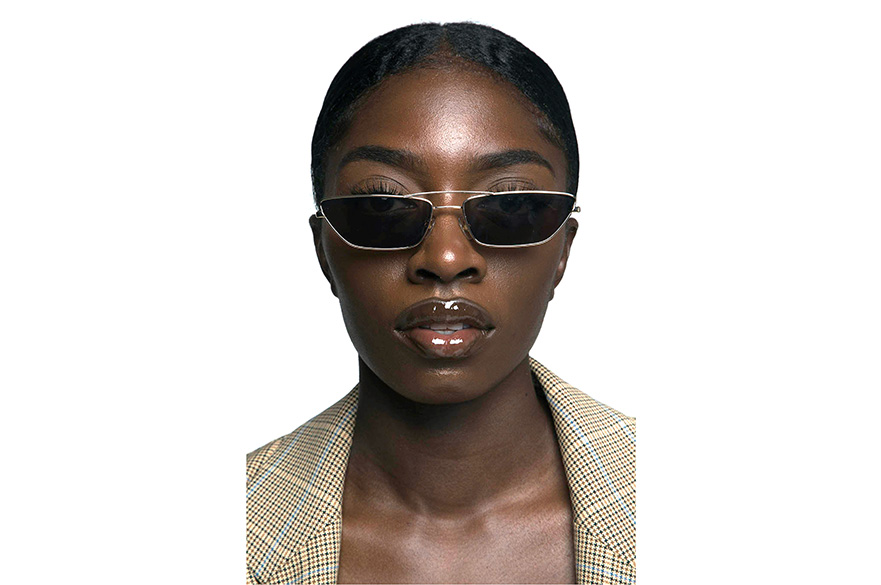Photography MA
- Level(s) of Study: Postgraduate taught
- Start Date(s): September 2025
- Duration: 1 year (45 weeks)
- Study Mode(s): Full-time
- Campus: City Campus
- Entry Requirements:
More information
Introduction:
Our MA Photography is a practice-based course that aims to develop highly flexible, creative, and critical professionals able to respond and adapt to a plural and shifting work environment.
Underpinned by research, collaboration and networking, you will develop a personalised specialist practice through a bespoke learning journey and conclude the course in readiness for your professional destinations and future practice ambition.
Discursive in approach and positioned to foster an internationalist outlook and inquiry, this course integrates theory, practice and professional contexts to attain in-depth knowledge and understanding of photographic cultures, discourse and practice.
Technical excellence is fostered through specialist workshops and you will be encouraged to experiment, challenge and exploit the boundaries of production possibilities through cross-disciplinary thinking.
Course page image: Adam Deakin.
-
Develop a bespoke project reflecting your own personal interests and career aspirations. You'll also undertake technical and production workshops to help develop your existing skills.
-
Utilise and get involved with our excellent industry links, including companies such as Phase One, Genesis Imaging, and Wex Photographic.
-
Become part of an expansive international alumni network, joining over 75 years’ worth of NTU graduates who have achieved success, won awards, and otherwise distinguished themselves in the field of photography.
-
Benefit from optional study visits to photo festivals in the UK and Europe, such as Paris Photo and Photo London.
What you’ll study
On this course, you will take ownership of your learning experience through student centred teaching methods. Independent and collective contexts develop autonomy to support you with finding your creative voice in the field.
Culture and Collaboration
(20 credit points)
On this module you will develop an advanced level of understanding of the wider cultural context for current and future work. You will gain skills in research, analysis, idea generation, critical thinking, communication, and presentation. During the module, you will collaborate across the school on a negotiated theme relevant to current debates which relate to art & design theory and practice to produce a selected outcome contributing to a collective festival of ideas.
Possibilities of Practice
(80 credit points)
This module aims to establish your visual interests, develop your photographic project, and interrogate its parameters through research methods, technical skills, creative exploration, and critical writing in the form of an essay. It will allow you to deepen your knowledge and understanding of historical and current photographic cultures and discourse to examine the contextual possibilities of your work.
Advancing Research Design: Maximising Your Methods
(20 credit points)
This multi-disciplinary module provides an explorative platform for you to use as the basis for further research-based study or if you want to extend your knowledge of research methods and methodologies to enhance your future professional practice, or you are considering progression to PhD level study.
Major Project & Professional Portfolio
(60 credit points)
On this module you will produce a major body of visual work for exhibition and/or publication, and an accomplished professional portfolio that extends your photographic range and abilities. You will understand the contexts and meaning of a sustainable practice and develop your professional knowledge and understanding to situate and promote your work.
Optional module:
Professional Futures
(20 credit points)
This optional module is offered to all students on our Visual Communications courses. This module aims to provide you with the space to explore and share ideas, future gazing professional opportunities in visual communications. You will collaborate with students from all subject areas in visual communications and will form cross-disciplinary debate and discussion in relation to employment, enterprise, and innovation.
Don’t just take our word for it, hear from our students themselves
Student Work
Video Gallery
How you’re taught
Teaching and learning experiences will include:
- tutorials
- seminars
- subject-based workshops
- lectures
- field trips
- technical support in our photography facilities
- self-directed learning
How you’re assessed
Assessment is 100% by coursework and includes:
- learning agreement
- reflective journal
- critical essay
- body of photographic work for exhibition/publication
- professional portfolio of further photographic work
Careers and employability
Career Prospects
This course leads to a wide range of career opportunities within photography including freelance photographer; artist; curator; picture researcher; photojournalist; picture editor; gallery manager; and exhibitions coordinator.
Graduates also use this course to support careers in teaching, lecturing, and progression on to MPhil or PhD study.
Our aim is to produce highly employable graduates, and we are committed to offering experiences throughout the course that will enhance your understanding of the creative industries in which photographic practice is situated.
The University’s Employability team can help to prepare you, offering a variety of activities including CV building, writing job applications, and preparing for interviews.
Connections with Industry
Alongside the Photography department and the University’s Employability team, this course will help to prepare you for a career in photography.
You’ll benefit from regular master classes from high-profile guest lecturers, from a diverse range of backgrounds. This is supported by industry visits from Phase One, Red Photographic and WEX Photographic.
We have also taken students to visit trade fairs at the National Exhibition Centre (NEC) and major photographic archives, both in the UK and mainland Europe.
You will be encouraged and supported to undertake work experience opportunities, to help enhance your understanding of the industry.
Showcase
Explore our showcase ‘We Are Creatives’ - celebrating the work of the Nottingham School of Art & Design students. You will find a sneak peak of some of our students’ work and gain a real insight into what it’s like to be part of the NTU creative community at wearecreativesntu.art
YouFirst – working with our Employability Team
Our friendly, experienced careers consultants will work closely with you at every stage of your career planning, providing personal support and advice you won't find in a book or on the internet. You can benefit from this at any time during your studies and up to three years after completing your course.
Re:search Re:imagined
To us, research is about more than writing papers and proposing new ideas. By daring to think differently, we’re disrupting the research landscape and finding the answers to the questions that really matter. From electronic textiles to the history of lace, we’re inspiring the brightest minds to rise up and find solutions to some of the most significant global challenges facing society.
Find out more: ntu.ac.uk/research
Campus and facilities
MA Photography students are based on our City Campus in the heart of Nottingham. Both Waverley and Bonington buildings are dedicated hubs for our art and design students. You’ll also have access to specialist resources across the Nottingham School of Art & Design and wider University.
Explore all of our facilities in the Nottingham School of Art & Design Facilities Hub.
Entry requirements
What are we looking for?
- 2.2 honours degree in a related subject.
- Applicants with non-standard entry qualifications and / or relevant work experience will be considered on an individual basis.
Other requirements:
NTU may admit a student with advanced standing beyond the beginning of a course, through an assessment of that student's prior learning, whether it is certificated or uncertificated. Our Recognition of Prior Learning and Credit Transfer Policy outlines the process and options available to these prospective students, such as recognising experiential learning or transferring to a similar course at another institution, otherwise known as credit transfer.
All prospective students who wish to apply via Recognition of Prior Learning should initially contact the central Admissions and Enquiries Team who will be able to support you through the process.
Getting in touch
If you need any more help or information, please contact us at Ask NTU or call on +44 (0)115 848 4200.
Getting in touch
If you need more help or information, get in touch through our enquiry form
You will need one of the following:
- Bachelors degree grade 2.2 or equivalent qualification.
International qualifications
We accept qualifications from all over the world – check yours here:
Postgraduate preparation courses (Pre-Masters)
If you don’t yet meet our entry requirements, we offer Pre-Masters courses through our partner Nottingham Trent International College (NTIC), based on our City Campus:
English language entry requirements
You can meet our language requirements by successfully completing our pre-sessional English course for an agreed length of time, or by submitting the required grade in one of our accepted English language tests, such as IELTS:
Would you like some advice on your study plans?
Our international teams are highly experienced in answering queries from students all over the world. We also have members of staff based in Vietnam, China, India and Nigeria and work with a worldwide network of education counsellors.
- Complete this simple form to keep in touch with the International Office.
Fees and funding
Fees for September 2025 are yet to be confirmed. Please see the September 2024 fees below for reference:
Mode of study | Home tuition fee |
Student fee | £9,700 |
Alumni Loyalty Scheme - 20% fee discount
We're happy to be able to offer a 20% fee discount to most current NTU students and recent NTU graduates.
See if you're eligible.
Postgraduate loans
The government introduced a new postgraduate loans scheme in the 2016/17 academic year for Masters degrees. The loan will be a contribution towards the costs of study and it will be at the student's discretion to use the loan towards fees, maintenance costs or other costs.
Scholarships
We are offering a number of scholarships for Masters study.
Getting in touch
For more advice and guidance, you can contact our Student Financial Support Service on
+44 (0)115 848 2494.
Find out more about our terms and conditions of study for this course.
Fees for September 2025 are yet to be confirmed. Please see the September 2024 fees below for reference:
Mode of study | International tuition fee |
Student fee | £17,500 |
Alumni Loyalty Scheme - 20% fee discount
We're happy to be able to offer a 20% fee discount to most current NTU students and recent NTU graduates.
See if you're eligible.
Postgraduate loans
The government introduced a new postgraduate loans scheme in the 2016/17 academic year for Masters degrees. The loan will be a contribution towards the costs of study and it will be at the student's discretion to use the loan towards fees, maintenance costs or other costs.
Scholarships
We are offering a number of scholarships for Masters study.
Getting in touch
For more advice and guidance, you can contact our Student Financial Support Service on
+44 (0)115 848 2494.
Find out more about our terms and conditions of study for this course.
How to apply
Ready to join us? Then apply as soon as you can. Just click the Apply button at the top of the page and follow the instructions for applying.
Application deadline
You can apply for this course throughout the year, but we'd recommend that applications should be received by the end of July for entry in September.
Examples of work
In order for us to consider your application, we need you to submit examples of your practical work. Please upload these as part of your online application.
For full details on what we require, please read our Masters Work Submission information.
Writing your application
Be honest, thorough and persuasive in your application. Remember, we can only make a decision based on what you tell us. Make sure you include as much information as possible, including uploading evidence of results already achieve, as well as a personal statement.
Keeping up to date
After you've applied, we'll be sending you important emails throughout the application process - so check your emails regularly, including your junk mail folder.
You can get more information and advice about applying to NTU in our postgraduates' guide. Here you'll find advice about how to write a good personal statement and much more.
Getting in touch
If you need any more help or information, please contact us at Ask NTU or call on +44 (0)115 848 4200.
Apply online through our NTU applicant portal.
Application advice
Apply early so that you have enough time to prepare – processing times for Student visas can vary, for example. After you've applied, we'll be sending you important emails throughout the application process – so check your emails regularly, including your junk mail folder.
Writing your personal statement
Be honest, thorough, and persuasive – we can only make a decision about your application based on what you tell us:
Your portfolio
If your initial application is successful, you may be asked to upload a portfolio of your work and you may also be asked to attend an interview.
Would you like some advice on your study plans?
Our international teams are highly experienced in answering queries from students all over the world. We also have members of staff based in Vietnam, China, India and Nigeria and work with a worldwide network of education counsellors.
- Complete this simple form to keep in touch with the International Office.
The University's commitment to delivering the educational services advertised.



